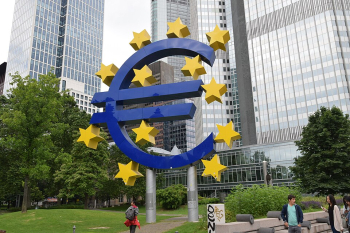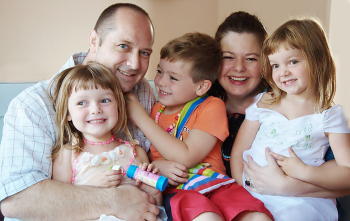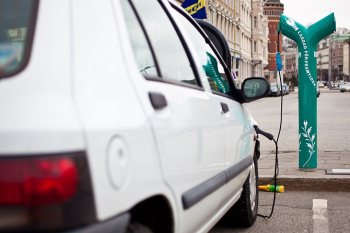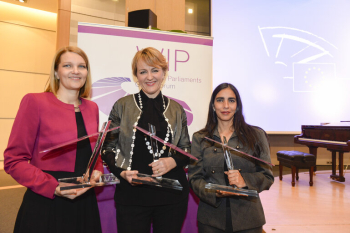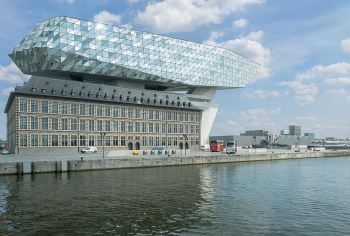
On Wednesday evening, European Union leaders will come together in Brussels for an informal dinner to tackle the ongoing deadlock regarding macrofinancial assistance to
Ukraine and the revision of the EU budget. Hungary has emerged as the primary obstacle, having previously vetoed the proposed transfer of EUR 50 billion in aid to Ukraine and the accompanying budget adjustments.
The current proposal suggests allocating EUR 50 billion for Ukraine, with EUR 17 billion in grants and EUR 33 billion in loans, until 2027. Additionally, it includes a draft revision of the EU budget for 2021-2027, incorporating extra funds for migration and border management, the neighborhood policy, and the European Defense Fund.
Hungarian Prime Minister Viktor Orban's veto in December triggered European Council President Charles Michel to call for a special EU summit on February 1 to find a resolution, with the primary challenge being to overcome Orban's opposition.
As an alternative, the EU is exploring a scenario in which 26 countries agree on aid to Ukraine without Hungary's participation. However, this poses political and logistical challenges, as an agreement among 26 out of the EU's 27 members would be "off-budget" and necessitate ratification by member states' parliaments.
Hungary has outlined specific conditions, including annual reviews of aid to Ukraine with a unanimous vote, granting Budapest the power to block aid each year. Furthermore, Hungary seeks an extension of the time limit on disbursements from the Reconstruction Fund and rejects participation in covering interest payments on loans collected by the European Commission. Photo by European People's Party, Wikimedia ocmmons.

